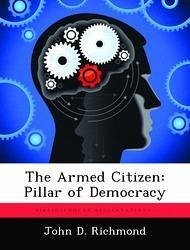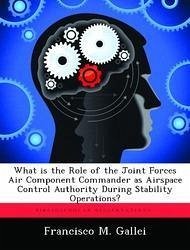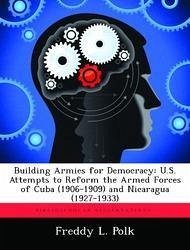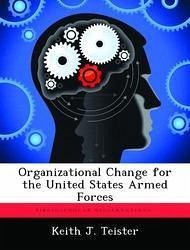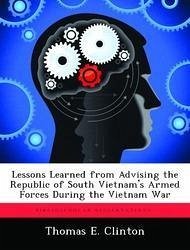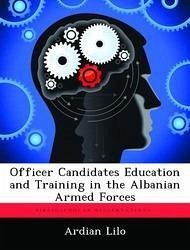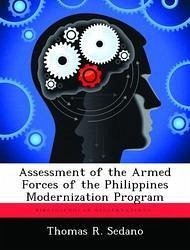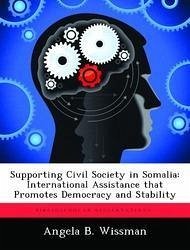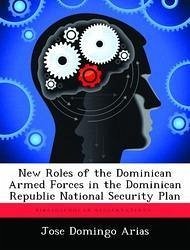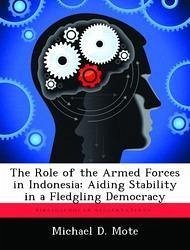
The Role of the Armed Forces in Indonesia: Aiding Stability in a Fledgling Democracy
Versandkostenfrei!
Versandfertig in über 4 Wochen
53,99 €
inkl. MwSt.

PAYBACK Punkte
27 °P sammeln!
Indonesia is a strategically important country, rich in natural resources, sitting astride a critical chokepoint, the Strait of Malacca. Demographically, it holds the important distinctions of being the fourth most populous country in the world and the world's most populous Muslim country. Traditionally, Indonesia has embraced pancasila, a secular tradition which respects all religions equally, not favoring one over another. The first portion of this paper defines fundamentalism, explores the Indonesian version and what role the armed forces plays in preventing the spread of fundamentalism. Th...
Indonesia is a strategically important country, rich in natural resources, sitting astride a critical chokepoint, the Strait of Malacca. Demographically, it holds the important distinctions of being the fourth most populous country in the world and the world's most populous Muslim country. Traditionally, Indonesia has embraced pancasila, a secular tradition which respects all religions equally, not favoring one over another. The first portion of this paper defines fundamentalism, explores the Indonesian version and what role the armed forces plays in preventing the spread of fundamentalism. The second section examines military professionalism, comparing the Indonesian variety to the Western model, and what role this professionalism plays in national stability. Inferring that the military enhances stability, the final section examines the country's stability from an empirical viewpoint. Indonesia emerged from the thirty-plus year Suharto dictatorship in 1998. Throughout Suharto's rule, the military proved to be a substantial element of his power base, yet fissures in this base helped contribute to Suharto's demise. Since 1998, various political parties have flexed their muscle as they jockey for position in the nation's new democratic hierarchy. Of these parties, those with a fundamentalist orientation prove worrisome from the United States' perspective in the Global War on Terrorism. Terrorist attacks carried out by fundamentalist groups in Bali and Jakarta in recent years highlight the potential threat. The Indonesian military, the TNI, has embraced the notion of dwifungsi, or dual role in its complex interaction with Indonesia's people and government. This dual role ensured the military's omniscient role in politics and the economy, particularly in the Suharto era. Using Professor Samuel Huntington's model of the western military professionalism, we clearly see that this dual role has resulted in questionable professionalism in the TNI. Consequently, now th democ



